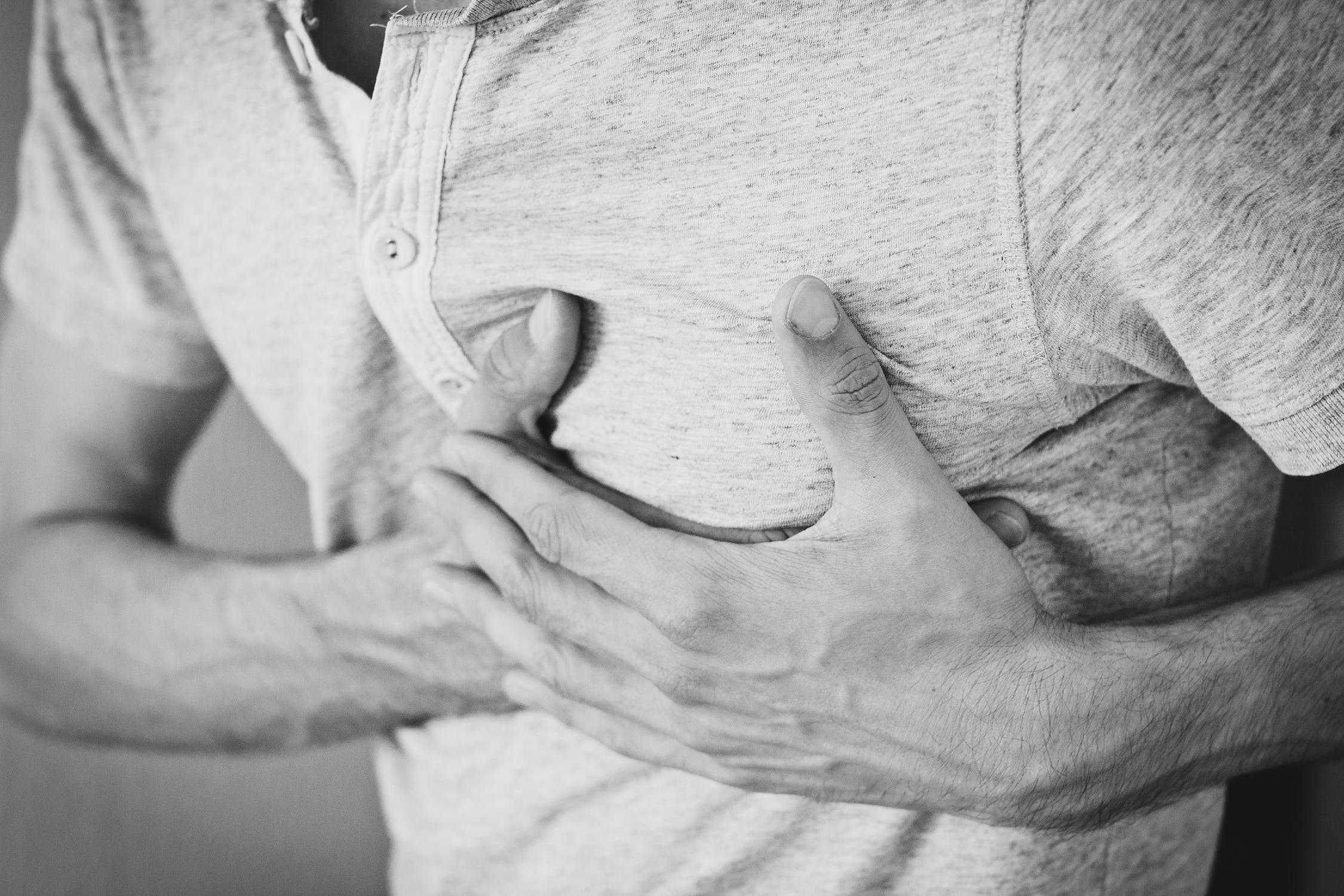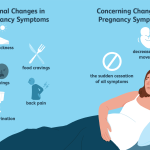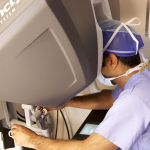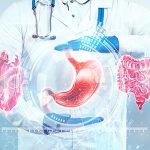GERD or Gastroesophageal reflux disease is basically a common disease among people which indicates digestive disorder. This long0-term disease normally affects the lower esophageal sphincter (LES). The esophageal sphincter is the ring muscles between your stomach and esophagus. When you suffer from GERD, it means that the acid from your stomach comes up to your esophagus.
GERD is a type of mild acid reflux that bothers many people time to time. And it can occur at least twice a week among people who suffer from the same. However, it can be easily kept in control with a few healthy changes in life style and some over the counter medicines.
With proper form of acid reflux diet, one can easily keep GERD in control. However, you must ensure that you are eating healthy regularly and without any fail.
What are the symptoms of GERD
The GERD disease symptoms are pretty simple. Here are a few of them –
- Heartburn; where you feel a sudden burning sensation on your chest usually after you take the heaviest meal of the day. This can be severe during night.
- When you feel a tingling sensation on your chest or simply chest pain or heavy chest.
- Another symptom of GERD can be difficulty in swallowing.
- Feeling like throwing up or vomiting after you eat
- Feeling sensation of a lump on your throat.
If you are dealing with night time acid reflux, here is what you may have to deal with –
- Chronic cough
- Asthma – it can be new and can even worsen if it’s an old one
- Sleepless nights
- Laryngitis
What Can Cause GERD
GERD is normally caused by frequent acid refluxes. When you eat food and swallow it, the esophageal sphincter relaxes and allows your foods and liquid and whatever you eat to flow into your stomach. After that, the esophageal sphincter closes again.
But, if your esophageal sphincter starts behaving abnormally, or weakens, the stomach acid can flow back up to your esophagus. And if it’s frequent, it can cause GERD.
What can increase the risk of being prone to GERD?
Here are a few reasons that increase the chances of GERD –
- Hiatal Hernia
- Obesity
- Scleroderma or any other connective tissue disorders
- Pregnancy
- Fasting or keeping the stomach empty for a longer period of time
There are a few factors that can even increase the risks of frequent acid reflux. They are –
- Smoking
- Excessive drinking
- Eating more than that is required or late-night dinners
- Eating too much of fatty foods or fried foods
- Excessive coffee
- A few medicines like aspirin
When Should You Visit the Doctor?
Many people tend to take GERD lightly and try to control things on their own. This can be done; but, if the condition is severe, it is better to take help from the doctor. Especially if you have been struggling to take breath properly, or feeling frequent heartaches, or pains in your arms and jaw. Also, if you have been dealing with symptoms of heart attack, then you should hurriedly reach out to your doctor.








